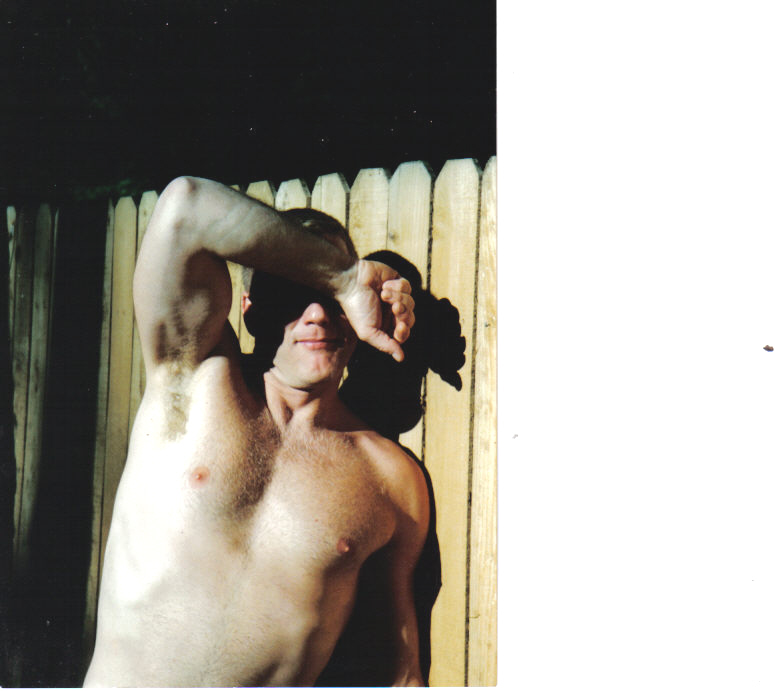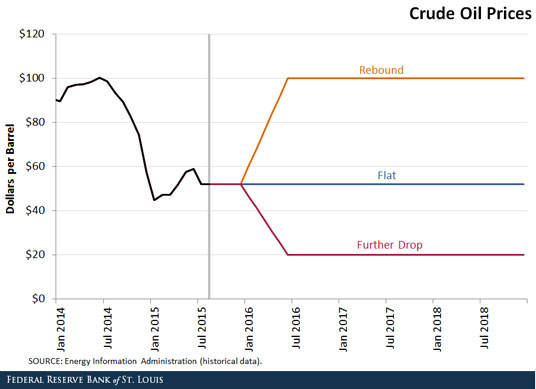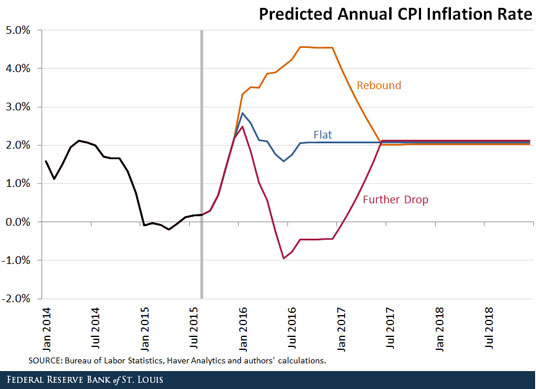As the money supply contracts, due to defaults and normal principle repayment post peak, how will new money get into circulation?
The economy post peak will be shrinking, so the money supply should shrink too. It will do that automatically as loans are either paid off or defaulted. Falling supply keeps the old Velocity up and the value decent and things muddle along.
Bankers need to eat too, so at some point the interest rate will rise to the point they will make a loan to mine the landfill or whatever. That is the key, the interest rate will rise to meet the need for money.
But, if the supply of money can't shrink because all the debt has been converted into real, government-backed money (coins and FRNs in a vault somewhere), the
value of that money will shrink. Which is by definition inflation.
Monetize the debt? The debt is worthless.
You have to read the proposal. All bank debt would be confiscated and turned into FRN.gov money overnight. Not sure if it would all be FRNs but it would be all on deposit at the Fed, real money.
Likewise all government debt would be erased and or turned into money, not really sure.
That is the whole equity-money scheme.
With equity-money there is only real government backed money. You can't run a tab at the corner beer joint because that is just exactly what is outlawed. Basically what we shuffle around from bank to bank now are just letters of credit, IOUs, beer-tabs brokered within the business banking system — it isn't really money. Just IOUs. It is all a big confidence racket but it works fine as long as everyone has confidence.
But, with equity-money, all that credit is actual treasury department script, Legal tender backed by the full faith and blah blah.
If the economy changes gears, the only thing that
can happen is the value of money fluctuates... because the money supply is essentially fixed.
In the case of a slowing economy with increasing defaults, people would decide to hold on to their bucks. Since savers have say over how their money is loaned or not loaned they would effectively freeze credit markets. That has the effect of increasing the value of money. No one is buying so the value of assets falls. Now you are in a deflationary cycle.
But there are no levers for government to pull, no leeway for banks — they can only loan what the savers want them to loan and savers are scared and don't want to loan anything.
So the economy spirals down to a standstill. Classic deflationary depression and no means to stop it...
except the government spending money into existence like crazy.
What mechanism will allow the government to "pump out money like crazy."
Actual money printing, as opposed to what they do now, which is mainly borrow and repay, jigger rates, reserve levels, buy and sell bonds, etc. I could see them printing and spending like all get out in order to stimulate the economy.
Except all that new money would become a permanent part of the money supply.
Now you have a shrinking economy with all this money, lol, the only outcome can be overnight inflation. And nothing to do about it.
A run on the banks will take their reserves, so they won't have fractional reserves to lend.
Again you have to read Dave's link. Reserves are 100% of deposits.
Not that there is much risk of bank runs (a major selling point of equity-money) because most passbook savings and checking are covered up to $250k anyway, might as well be as good as money.
Mutual funds and such are where most savings are now and they aren't affected, equity-money is still at 100% risk of loss, just not at the bank.
The legitimate object of government, is to do for a community of people, whatever they need to have done, but can not do, at all, or can not, so well do, for themselves -- in their separate, and individual capacities.
-- Abraham Lincoln, Fragment on Government (July 1, 1854)














